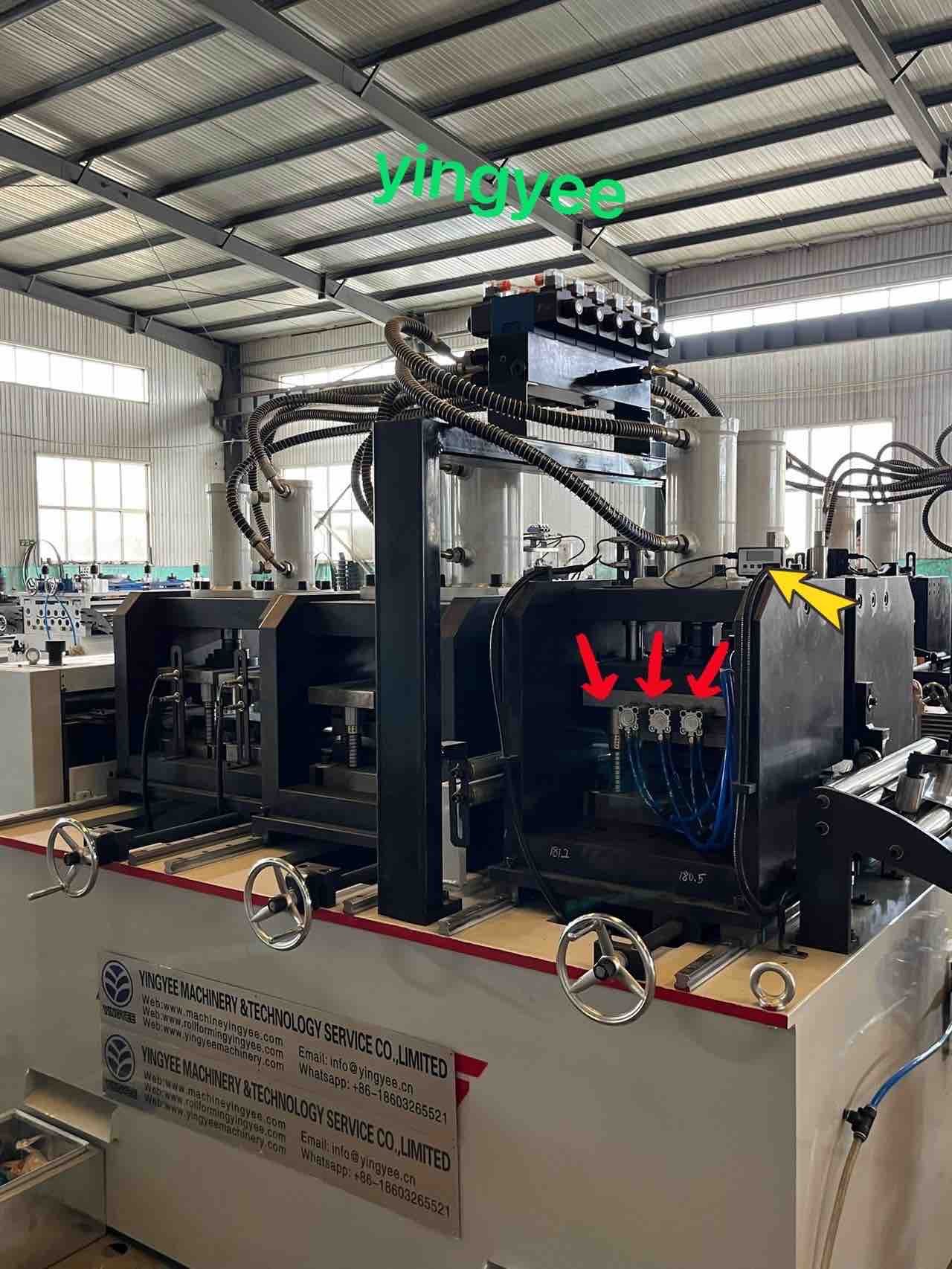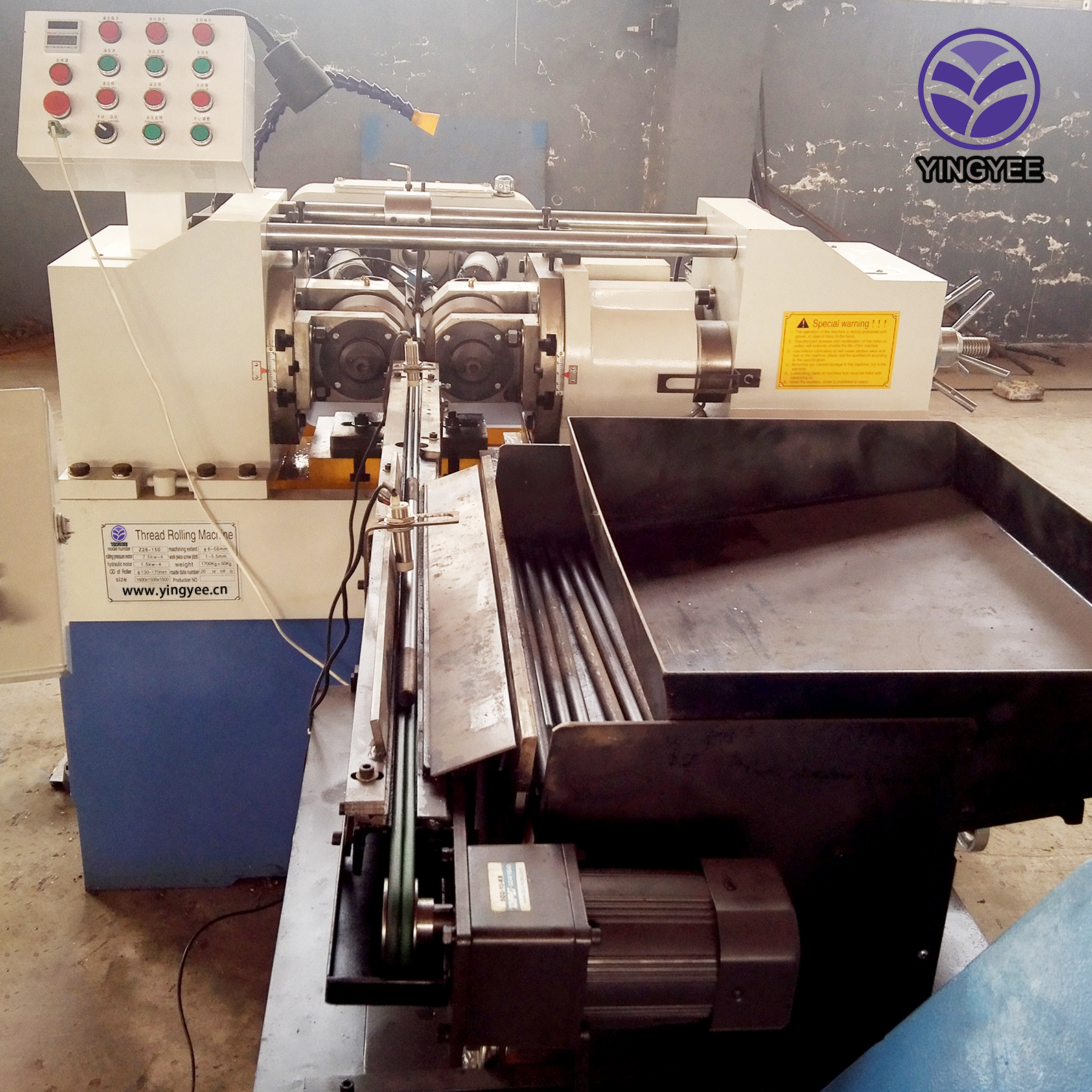

(glazed tile machine)
The glazed tile machine has become a cornerstone in contemporary roofing materials production, fuelling efficiency, durability, and versatility in construction projects worldwide. Whether for residential, commercial, or industrial sectors, this equipment enables automated shaping, pressing, and coating of steel sheets into durable and aesthetically pleasing glazed tiles and trapezoidal profiles. As urbanization accelerates and architectural designs become more dynamic, the demand for advanced tile forming machines has seen exponential growth, particularly in markets pushing for precision, sustainability, and cost-effectiveness. This comprehensive overview delves deep into the role of glazed tile and roll forming machines within modern roofing systems, providing data-driven insights into market trends, technical evolutions, manufacturer comparisons, custom solutions, and notable application cases.
By exploring the technical breakthroughs and economic dynamics governing today’s glazed tile machine sector, stakeholders—from contractors to suppliers—can better assess how these innovations directly contribute to a project’s structural integrity, longevity, and aesthetic value.
The worldwide roofing market exceeded USD 100 billion in 2023, with Asia-Pacific holding the largest share. According to market intelligence reports, demand for pre-coated steel roofing materials—including glazed and trapezoidal tiles—grew by over 6.2% CAGR from 2020 to 2023 and is projected to reach between USD 150–170 billion by 2028. Within this landscape, glazed tile roll forming machine factories in China dominate global exports, largely due to advanced automation, standardized quality, and competitive pricing. The ability to deliver a high-quality glazed tile roofing sheet with fast turnaround and minimal wastage sets these machines apart amidst increasing construction activities.
The following table demonstrates the 2023 export volumes of key market players:
| Region | Units Exported (Thousands) | Market Share (%) | Average Factory Price (USD) |
|---|---|---|---|
| China | 24.5 | 62% | 18,000 |
| Europe | 6.2 | 16% | 27,000 |
| India | 4.8 | 12% | 15,500 |
| North America | 3.5 | 9% | 31,000 |
| Other | 0.9 | 1% | Varies |
China’s capability to produce both glazed tile and trapezoidal sheet systems at the lowest price per quality ratio continues to drive its dominance. Over 90% of exported machines feature programmable logic controllers (PLC), inline automatic cutting, and integrated hydraulic decoilers, addressing a broad spectrum of user requirements.
Over the last decade, the evolution of the glazed tile forming machine has been shaped by significant advancements in component design, digital process integration, and quality assurance.
These ongoing innovations not only lower the total cost of ownership but also empower construction specialists to meet evolving architectural and environmental standards without compromise.
In response to the surge in demand for affordable, robust, and versatile roofing systems, numerous manufacturers have entered the market. Nonetheless, a comparative analysis reveals that the "china factory lowest price steel glazed tile trapezoidal tile roofing sheet roll forming machine" consistently ranks highest on key performance benchmarks.
| Manufacturer Region | Typical Production Speed (m/min) | Warranty Period (years) | QC Certifications | Delivery Time (weeks) | Custom Profile Support |
|---|---|---|---|---|---|
| China | 8–15 | 2 | ISO9001, CE | 3–5 | Up to 50 shapes |
| Germany | 7–10 | 2 | DIN, CE | 10–15 | Up to 40 shapes |
| Turkey | 10–13 | 2 | ISO, CE | 6–8 | Up to 35 shapes |
| USA | 7–9 | 1 | ANSI, CSA | 8–12 | Up to 30 shapes |
Chinese suppliers combine short lead times, high degree of customization, and affordable pricing. Typically, build-to-order machines can be delivered within five weeks, fully certified, and factory tested for reliability. Such efficiency makes Chinese factories the preferred option for both large-scale construction firms and smaller enterprises with variable production needs.
The ability to configure glazed tile and trapezoidal tile machines for specific regional preferences and building codes is a decisive advantage. Manufacturers now provide end-to-end customization, extending beyond simple profile design to entire production line architecture:
These tailored solutions ensure that whether a client is supplying rural roofing, high-rise urban projects, or infrastructural builds, their glazed tile forming machine investment yields optimal returns.
Glazed tile roll forming machines have been pivotal in large-scale and high-value construction projects around the globe. A survey of installations completed between 2021 and 2023 showcases impressive cost savings, increased production efficiency, and positive environmental impacts brought about by best-in-class equipment.
| Project Location | Machine Model | Daily Output (sqm) | Energy Use Reduction (%) | Finished Roof Area (sqm) |
|---|---|---|---|---|
| New Delhi, India | GTM-Z900 | 3,800 | 22 | 70,000 |
| Cairo, Egypt | XTR-1150 | 3,200 | 19 | 44,500 |
| Sao Paulo, Brazil | CTF-780CM | 4,250 | 25 | 50,000 |
| Melbourne, Australia | EZ-315S | 4,000 | 21 | 63,800 |
These installations achieved not only upgrades in output and precision but also realized measurable reductions in power consumption compared to legacy lines. The versatility of such machines means they are equally suited for architectural showpieces, mass-housing initiatives, or industrial warehouses. Customers routinely report improved turnaround times, reduced overage costs, and lasting, maintenance-light roof structures.
The glazed tile machine represents the fusion of smart manufacturing, cost advantage, and architectural flexibility. As global construction pivots toward sustainable, attractive, and lightweight roofing solutions, these roll forming machines are poised to become an indispensable resource. By aligning technological innovation with tailored production capabilities, Chinese factories and leading global manufacturers set new standards for quality, affordability, and efficiency in the roofing sheet industry.
Looking ahead, the next generation of glazed tile forming machines will benefit from advances in artificial intelligence-driven process control, further integrating end-to-end digitalization, quality analytics, and predictive resource allocation. This ensures that the future of roofing will be fast, adaptable, and environmentally conscious—anchored by the continuous evolution of the glazed tile machine.

(glazed tile machine)